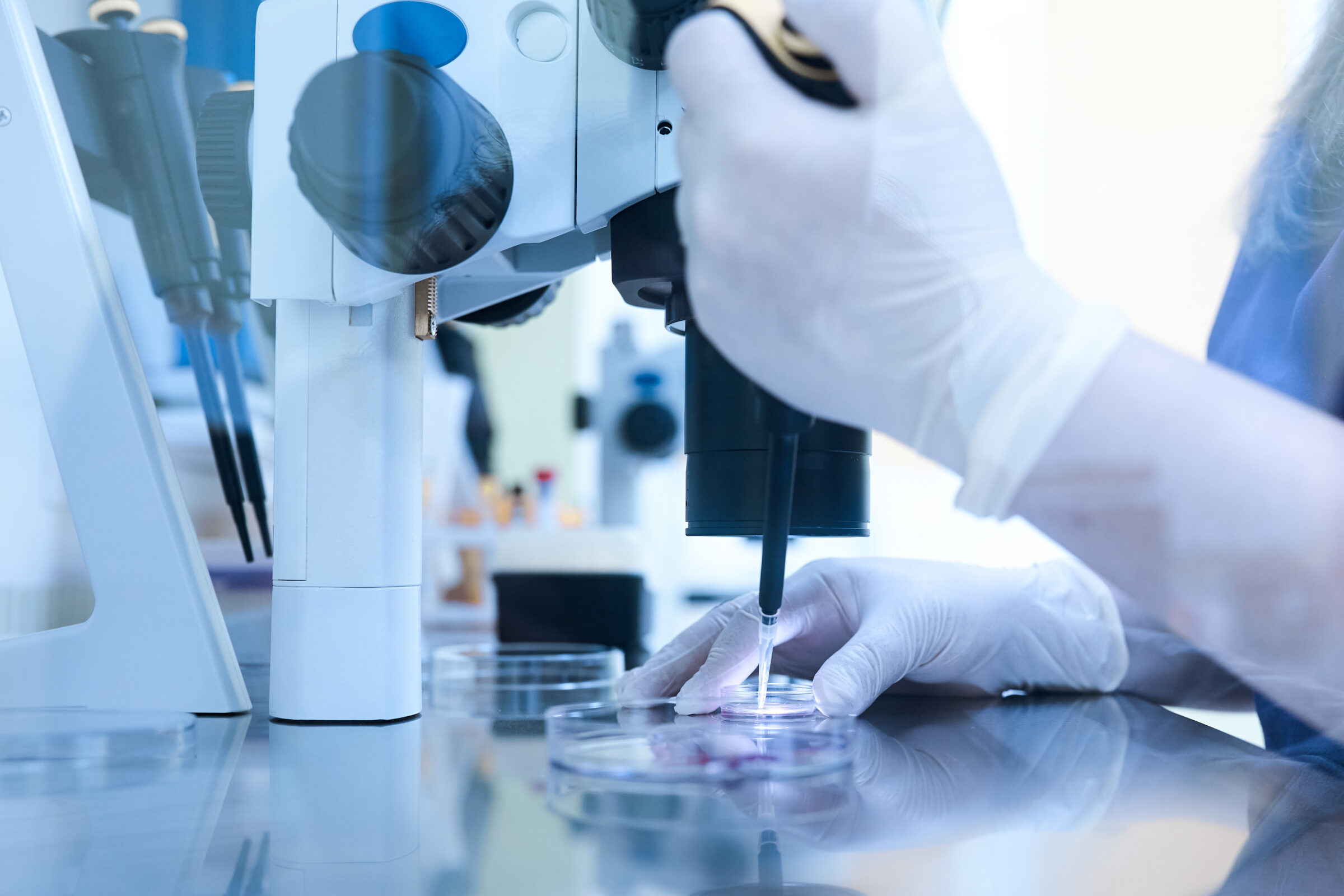Harvesting Clones to Live Forever Would Be Monstrous
Originally published at National ReviewTranshumanists believe that technology will allow them to live forever — or, at least, indefinitely — in the corporeal world. One scheme by which they think they might accomplish this goal is to create clones of themselves and then scavenge those clones’ bodies for parts to be transplanted.
This idea was just featured in the Daily Mail:
Regardless of the huge strides scientists have made towards reaching the elusive goal, immortality remains a pipedream. But one researcher in the anti-ageing field believe we could get there — or at least extend human lives beyond the current biological boundaries — without any miracle pill or injection.
Dr Alex Zhavoronkov, head of biotech company Insilico Medicine, says human clones could offer the answer to eternal life. Theoretically, the sci-fi concept of growing bodies in labs would provide people with ‘spare’ vital organs when theirs begin to fail in order to extend their life.
Be very clear. This proposal is not only immoral, it is monstrous. Why? Human cloning would create human beings asexually, meaning cloning for body parts would be to create slaves and treat them merely as harvestable crops.
The somatic cell nuclear transfer (SCNT) technique being discussed in the story is the same process that made Dolly the sheep. This is how it is done: An egg cell’s nucleus is removed. Next, the nucleus of the person to be cloned is removed from a skin cell and placed where the egg’s nucleus used to be. The modified egg would then be stimulated and, if the cloning “took,” a new human embryo would come into being. (This has already been accomplished in humans, although the resulting embryos were destroyed after two weeks.)
From that point, it would develop in the same way as an embryo that comes into existence through fertilization does. In other words, the clone of the person seeking to live forever would be fully human. Adding to the immorality, these clones would presumably be gestated in artificial wombs — which would require repeated experimentation on living human embryos and fetuses to perfect. Wrong, wrong, wrong.
This dystopian proposal has already been depicted in several science-fiction novels and films. Indeed, it almost perfectly mimics a plot point in the Dune novels, in which women are rendered permanently unconscious so that their uteruses can be used as “Axlotl tanks” for gestating. Dr. Alex Zhavoronkov, head of Insilico Medicine and the subject of the Daily Mail article, says:
“Cloning, in my opinion, is the only way to make a dramatic leap in life extension and turn longevity into an engineering problem.” Scientists would need to develop a way of successfully cloning humans and disabling their cognitive functions so they could only be used for organs, he noted.
Of course, Zhavoronkov’s lab is in China — the land where medical and other ethics might go to die.
